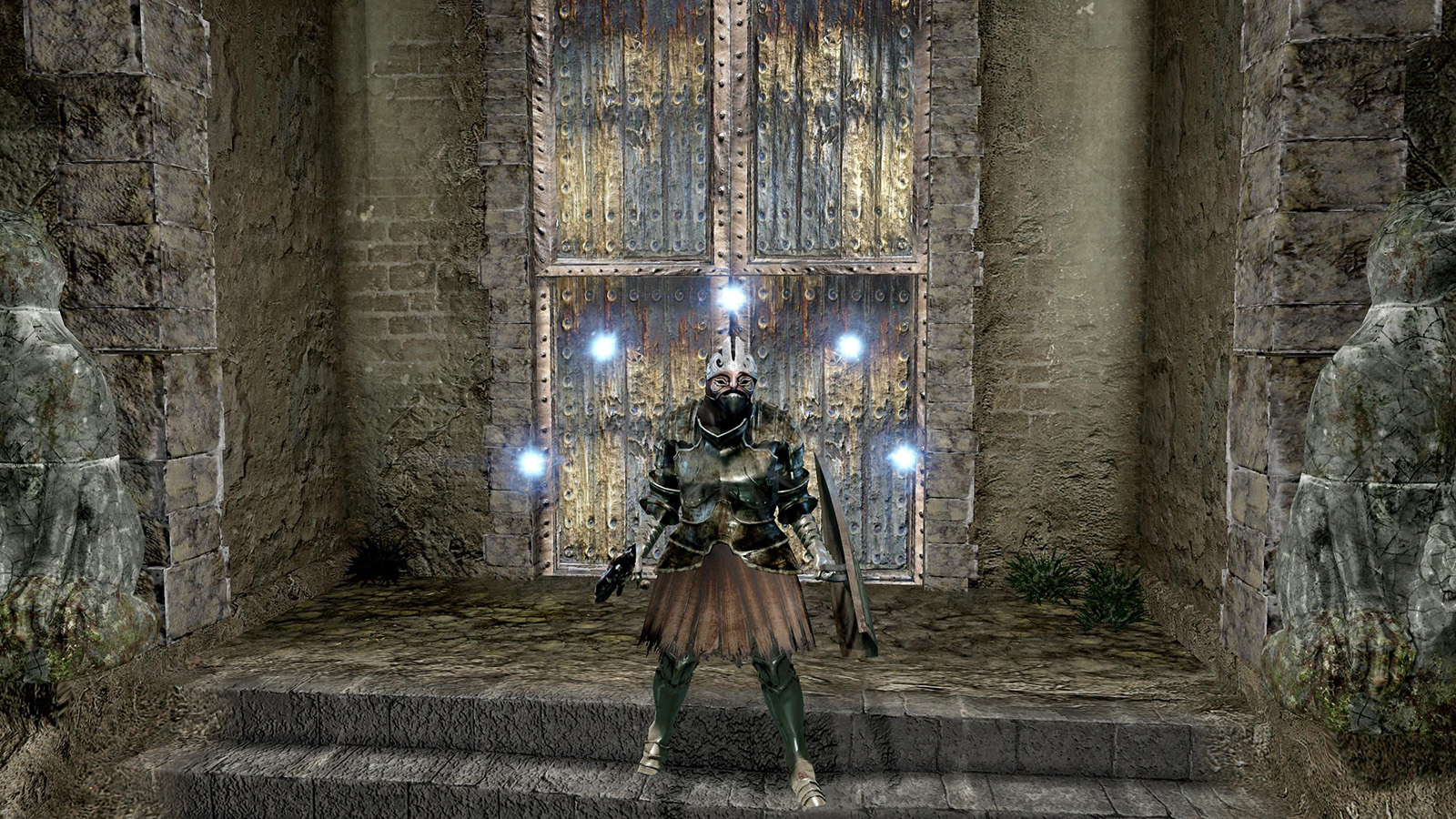In Dark Souls 2, the acquisition and usage of spells—encompassing sorceries, miracles, pyromancies, and hexes—require a multi-faceted approach involving exploration, trading, and attunement. Below is a detailed breakdown of how to effectively gather and utilize different spell types:
1. Acquisition of Spell Scrolls
– Merchants: Various NPCs serve as merchants for spells. Notable figures include:
– Sage Freke: Offers a selection of sorceries for purchase.
– Straid of Olaphis: Provides sorceries through purchase and also facilitates boss soul trades for unique spells.
– Chancellor Wellager: Sells several types of spells, including miracles and pyromancies.
– Covenants: Engaging in specific covenants can yield unique spells as rewards. For instance:
– The Covenant of Blood allows players to rank up and unlock certain pyromancies.
2. Trading Boss Souls for Spells
– Defeating bosses not only yields valuable souls for leveling but also allows players to trade these souls with NPCs such as:
– Straid of Olaphis: Provides the opportunity to trade for various spells, including powerful miracles and sorceries like Blinding Bolt (from the Soul of the Old Iron King).
3. Types of Spells and Their Requirements
– Sorceries: Require staves to cast and can be acquired through NPC merchants or soul trades. Examples of sorceries include common spells like Magic Missile or powerful ones acquired through boss soul trades.
– Miracles: Typically cast using chimes. Purchased from various NPCs or obtained via trades. Noteworthy miracles, including combat-oriented and healing spells, add to the player’s versatility.
– Pyromancies: Utilize a pyromancy flame and are available from certain NPCs or through covenant rewards. The Great Chaos Fireball is an example that can be unlocked by achieving a specific covenant rank.
– Hexes: These spells can be cast using staves or chimes and require trading for specific boss souls for acquisition. Caitha’s Chime is specifically tailored for hex casting.
4. Spell Attunement and Catalyst Requirements
– Once you have obtained a spell scroll, the next step is to attune the spell at a bonfire. This involves selecting the spells you wish to have ready for casting during your adventures.
– The appropriate casting catalyst must be equipped based on the type of spell you intend to use:
– Staves for sorceries and hexes.
– Chimes for miracles and hexes.
– Pyromancy Flames specifically for pyromancies.
5. Exploration and Interaction
– The process of acquiring spells highlights the importance of exploration in Dark Souls 2. Interacting with NPCs and uncovering hidden areas leads to discovering new spells and enhancing your magical arsenal.
– Assembling a balanced mix of spells can strategically aid in various combat scenarios, whether in dealing damage, healing, or defense.
Conclusion
In summary, the spell system in Dark Souls 2 necessitates an investment in exploration, battling formidable bosses for soul trades, and strategic engagements with NPCs. By understanding the mechanics of obtaining and utilizing spells across different schools of magic, players can enrich their gameplay experience while navigating the challenges of the game.






Leave a Reply